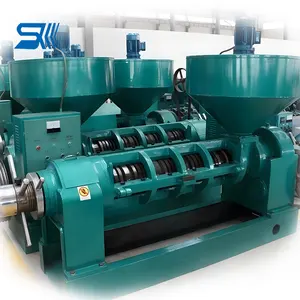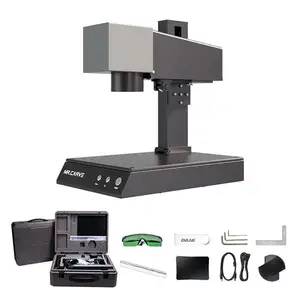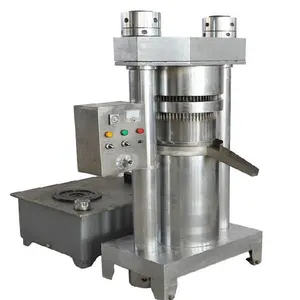Popular in your industry

































































Top categories
About vertical garden hydroponic
The vertical garden hydroponic system is a soilless method of cultivating plants that ensures optimal space utilization. These gardens are designed to accommodate plants in a vertical arrangement, creating a lush and visually appealing green wall. The hydroponic aspect refers to the cultivation of plants in a nutrient-rich water solution, providing all essential elements for growth. The combination of vertical gardening and hydroponics presents an innovative approach to urban and indoor farming, offering a sustainable solution for growing a variety of crops.
Types of Vertical Garden Hydroponic
The hydro garden tower comes in various types, each offering unique features and catering to specific plant needs. The aeroponic tower is a form of vertical garden in which plant roots are suspended in the air and intermittently misted with a nutrient solution. This method ensures efficient nutrient absorption and oxygenation of the root system. The hydroponic tower, on the other hand, features a series of stacked plant containers, each equipped with a reservoir that circulates the nutrient solution. This setup allows for the cultivation of multiple plants in a compact vertical space while providing individualized care. Another type is the aquaponic tower, which integrates hydroponics with aquaculture. In this system, fish or aquatic creatures are raised in the lower reservoir, and their waste serves as a nutrient source for the plants, creating a symbiotic relationship. Additionally, modular vertical gardens consist of interconnected vertical panels or units that can be customized and expanded to suit different spaces. These systems offer flexibility and scalability in vertical gardening projects.
Advantages of Vertical Garden Hydroponic
The vertical garden hydroponic system presents several advantages, making it an attractive option for modern agriculture. The primary benefit of these systems is their space efficiency. By utilizing vertical space, hydroponic towers maximize the number of plants that can be grown in a limited area, making them ideal for urban environments or indoor settings. Additionally, the soilless nature of hydroponics eliminates issues such as soil-borne diseases and pests, contributing to healthier plant growth. Furthermore, the controlled environment of hydroponic systems allows for precise management of nutrient delivery and water usage, leading to increased resource efficiency. This controlled environment also enables year-round cultivation, offering a consistent harvest regardless of external growing conditions. The vertical arrangement not only provides an aesthetically pleasing green wall but also facilitates easy plant maintenance and harvesting. The adaptability of these systems to various plant types, including leafy greens, herbs, and even some fruiting crops, enhances their versatility. This adaptability, combined with the ability to customize the system's size and configuration, makes vertical garden hydroponics suitable for a wide range of applications, from home gardening to commercial production.
Installation and Maintenance of Vertical Garden Hydroponic
Installing a aeroponic tower garden requires selecting a suitable location with access to light and water. It involves assembling the vertical structure, connecting the water supply, and ensuring proper drainage. Planting in the hydroponic tower involves placing seedlings or starter plants in the designated containers and adjusting the nutrient solution according to plant requirements. It is important to regularly monitor the system, checking for adequate water levels and nutrient concentrations. Pruning and harvesting should also be done as needed to maintain plant health and optimize growth. The maintenance of vertical garden hydroponic involves routine monitoring of the system's components, such as pumps and timers, to ensure proper functionality. Regularly checking the pH and nutrient levels of the solution is essential for plant health. Additionally, periodic cleaning of the system and reservoir to prevent clogs and algae buildup is recommended. Staying vigilant for any signs of pests or diseases and addressing them promptly is crucial to the overall success of the hydroponic garden.


































